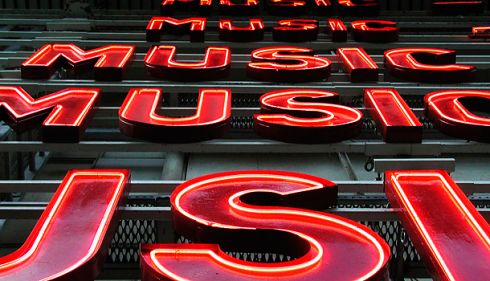
MUMBAI: It’s an all out war. In the trenches are two familiar foes – on one side, the music licence issuing and collecting bodies such as the Indian Performing Rights Society (IPRS), Phonographic Performance Ltd (PPL) and Novex Communications and on the other side, the Event and Entertainment Management Association (EEMA).
EEMA has been celebrating victory after the Delhi High Court issued an order, on 23 December, barring the music licensing societies from issuing licences to and collecting licence fees from event agencies for all the events and parties the latter are slated to organise in the run up to the New Year and, thereafter, until the next hearing in April 2017. The restraining order was related to Section 33 of the Copyright Act under which societies are authorized to licence event agencies after they pay a fee for music they play out at events they organise.
The societies have retaliated the court order does not relate to them as they have been issuing music licences under section 30 of the Copyright Act which relates to owners of copyright. Novex Communications, which too has been named in the Delhi High Court, is quick to flash an order passed by the Bengaluru Principal City Civil Sessions Court which compels 14 Five star hotels to pay licence fees to it in order to avoid any copyright infringement. The Bengaluru court made that decision in Novex Communication's favour - the entity that represents Zee Music and Yash Raj Music as a licensing body - a week before the Delhi High Court order. Novex Communications deputy general Manager Sarjeel Khan told radioandmusic.com that his company will continue to issue licences and collect licence fees as its actions are covered under Section 30 of the Copyright Act.
Khan informed that the High Court’s decision is welcome, however, his company will drag the hotel(s) to court if its clients’ music is played without the license. “We will go to the court with the proof and the authorisation documents, and that would effectively force these venues to pay ten times more than the original licensing fees.” Khan disclosed that a 2014 Bombay High Court’s decision grants Novex Communications the approval to act as authoriSed agents for its clients under Section 30 of the Copyright Act.
EEMA believes that organisations like IPRS and PPL represent at least 350 members, therefore making them ineligible to work under section 30 unless the two bodies issue licences for every client, and not as a society. IPRS CEO Rakesh Nigam clarified that his organisation has been provided an assignment (a transfer of copyrights) by its members, virtually making it the owner of its clients’ content. “Venues have approached us this time around and we have provided them licences,” revealed Nigam.
EEMA legal counsel Abhishek Malhotra retaliated that the risk lies with Novex as it has been disallowed by the Delhi High Court. Said he: “The Delhi High Court’s injunction clearly names Novex as one of the bodies to be restrained from acting as a collection body. It can still approach the vacation court and seek permission to continue acting as owner of copyright and reverse the decision.”
Which way the battle will end, only time will tell. For the now the salvos are being fired on both sides!